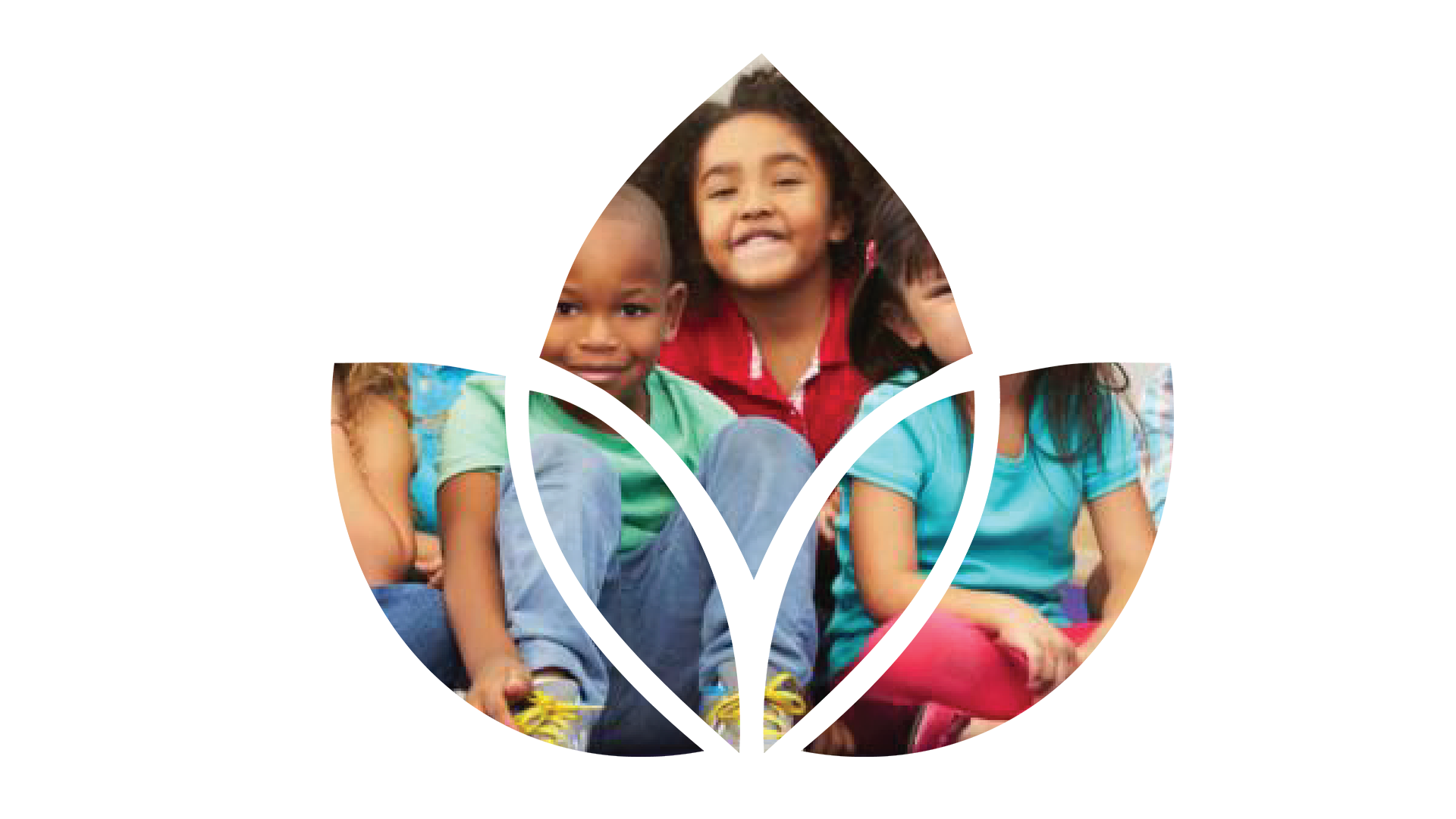We take care of children from the ages of 2-6
We help children move forward, develop the ability to concentrate and make decisions, along with developing self-control, courtesy and a sense of community responsibility and all this is possible with self-directed activity, hands-on learning, and collaborative work. The classrooms aura helps children make creative choices in their learning, encourage them to work in groups as well as individually to discover and explore the knowledge of the world and to develop their maximum potential.
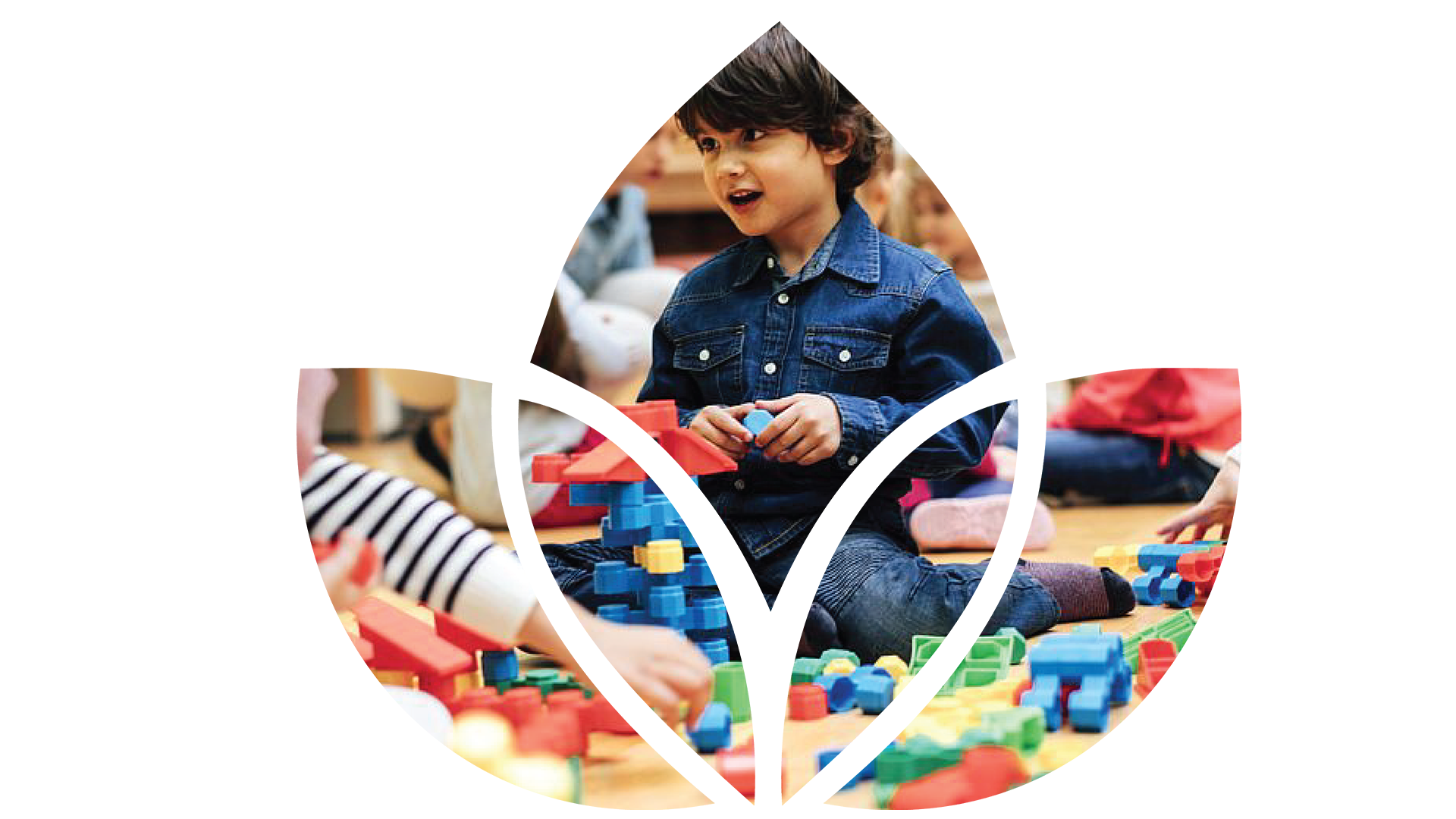
CURRICULUM
The child encounters Montessori syllabus pertaining to materials centring, utensils such as scissors, tongs , tweezers, cleaning, polishing, preparing snacks, laying the table, washing dishes, arranging flowers, gardening, doing up and undoing clothes, fastenings and so on that make up the practical life curriculum. The materials are not only beautiful and inviting but creative. Teaching only one skill at a time, allowing the child to work independently and mastering the intended concept is our ultimate objective. The materials are also self-correcting where the child identifies the accuracy of the activity and tries again without intervention from a teacher. While settling into the cycle of work, the toddlers focus on self-selected activities and the teachers introduce the sensorial materials. Along with the high-scope approach to learning, we take the learning process beyond traditional academic subjects and prepare children for later schooling and future success in life. This ACTIVE LEARNING APPROACH to early education undoubtedly achieves dynamic and optimistic results.
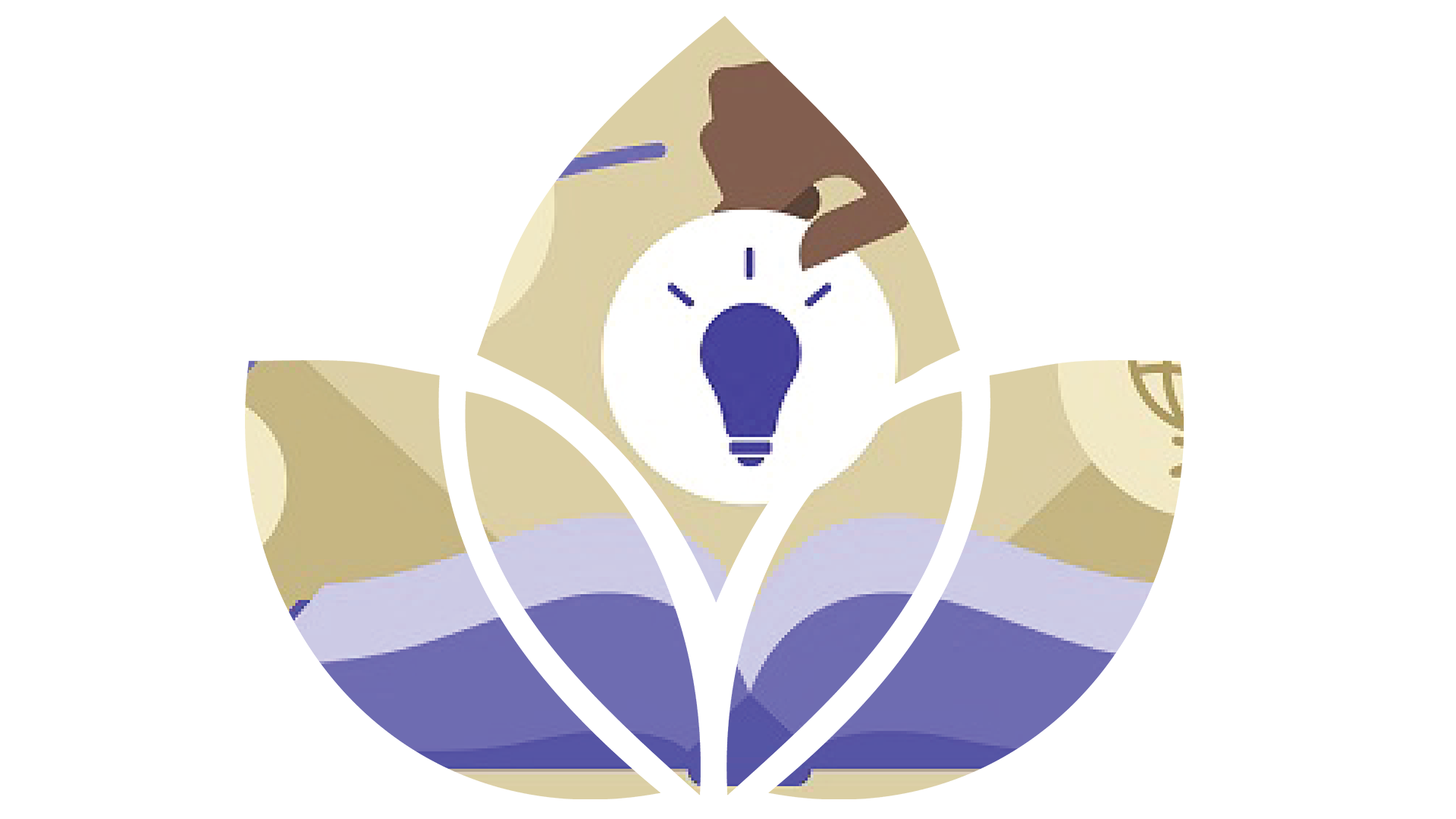
Practical Life Curriculum
As per Montessori education activities of
everyday life forms the crux of a child’s character building, A child has his undivided
attention to everyday chores performed in the environment he grows in, through his
observation he then participates and gains expertise in accomplishing his tasks in a
purposeful way.most of this activities are cultural and are specific to a child’s time and
place.
It is important that a child is participative in practical life activities as it induces a
sense of being and belonging. these experiences help him understand his deep-rooted culture
and all about being human, They make them more aware, self-confident, independent and help
them prepare for more focussed learning and growth.
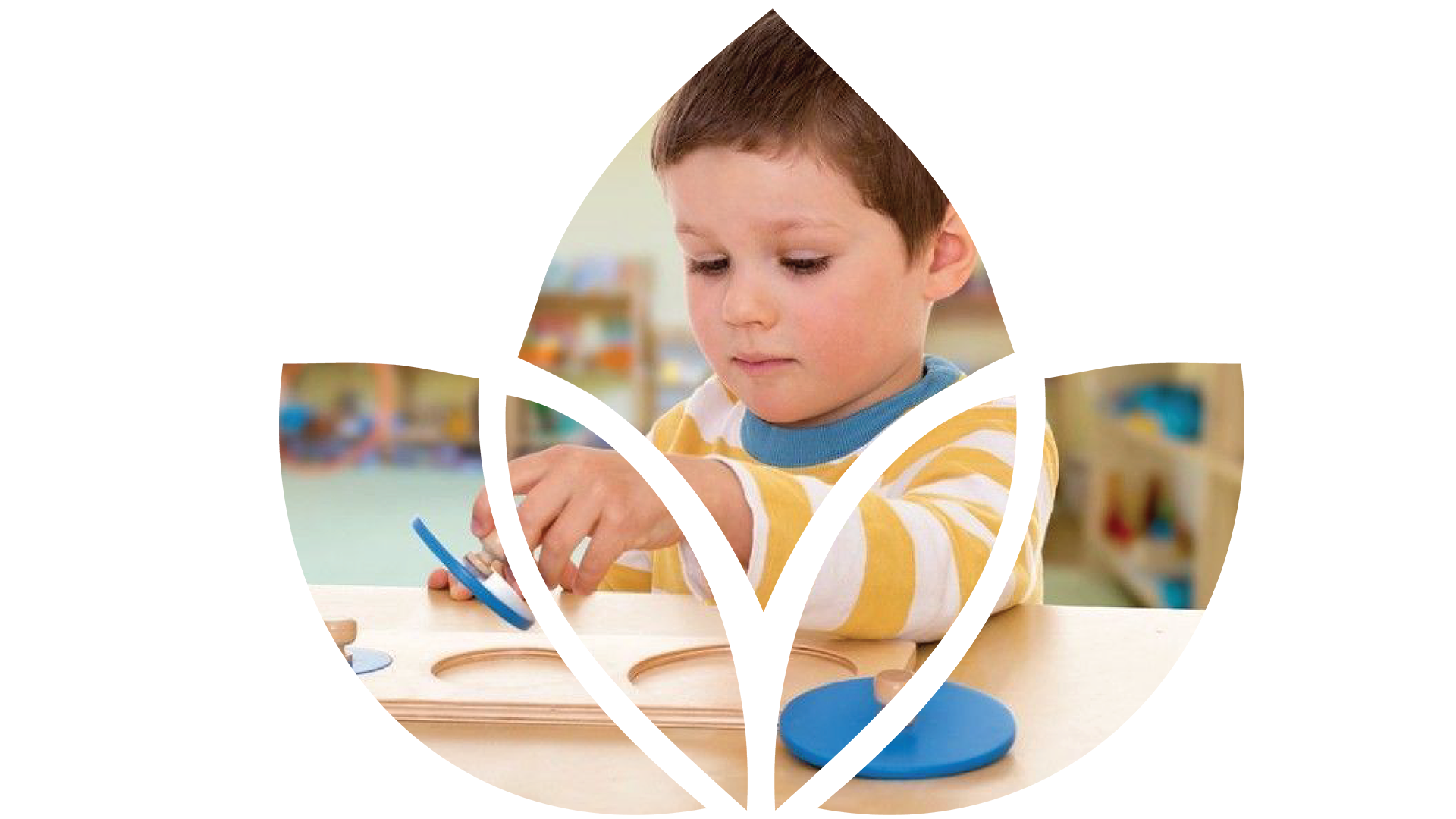
Sensorial Curriculum
Montessori Education suggests that nothing is
registered in our mind except through the
senses. During the early years, a child’s senses are developed as they interact with their
environment. the sensorial activities help children sort out the many varied impressions
given by the senses. The Montessori materials are designed to discriminate, develop, order,
and refine the senses and prepare the child to be a logical, independent, and perceptive
person.
He then develops a personalized incentive method to practice and improve, and precisely
comprehend abstract concepts through the application of his sensorial activities
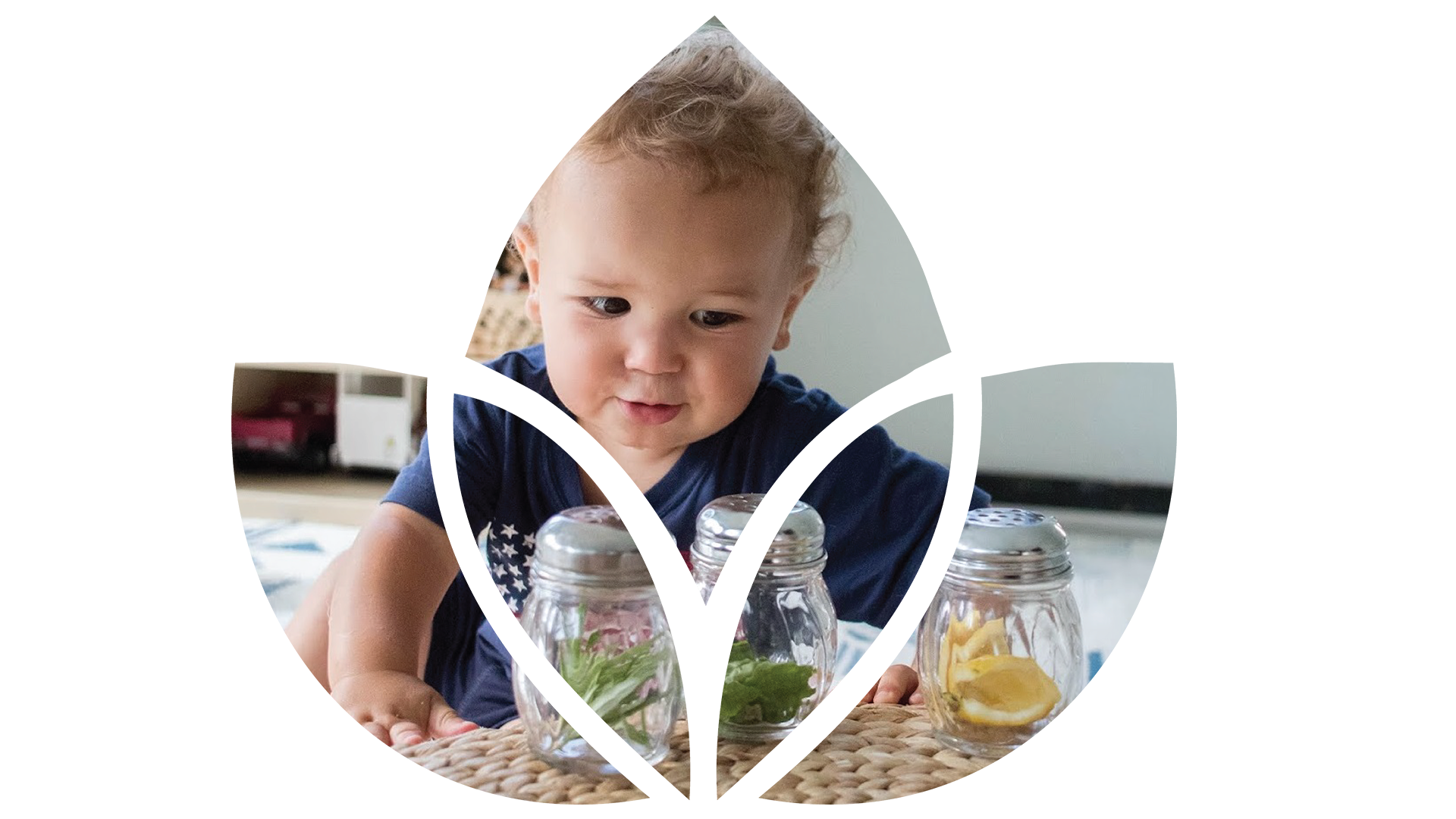
LANGUAGE
A child’s brain is fresh and can take any information that you provide. We further enrich early learning, through songs and poems, reading classification, word study and enrichment of vocabulary.
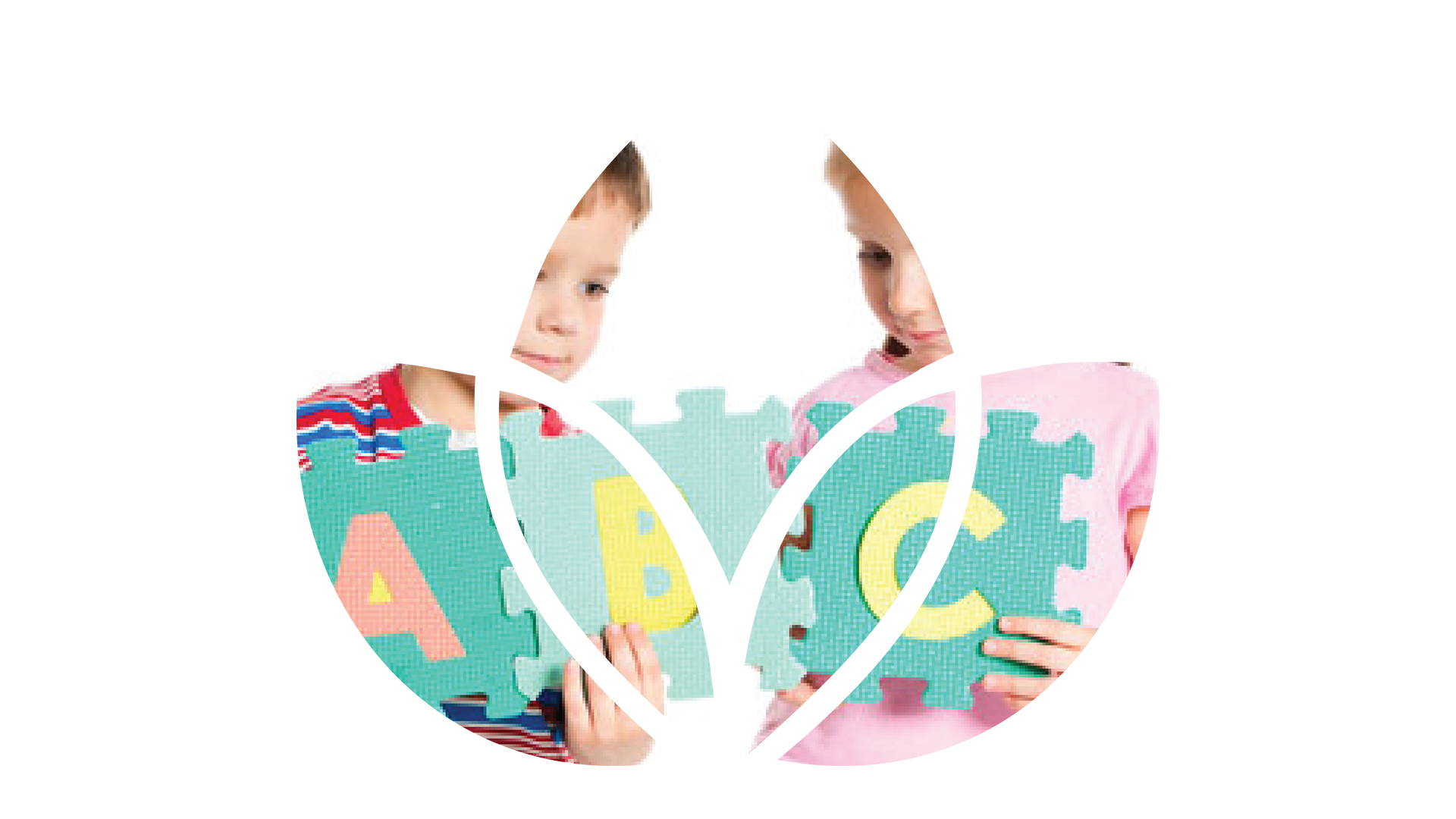
Math Curriculum
In our classrooms are seldom boring for children, the Montessori concept begins concretely from simple to more abstract and complex tasks at a pace where the child learns first and the facts follow later, the math materials are introduced to the children at the right challenge levels capturing his development and feeding their curiosity at each level. our math apparatus is designed to provide necessary stimulation for a child to grasp math concepts such as addition and subtraction more readily.
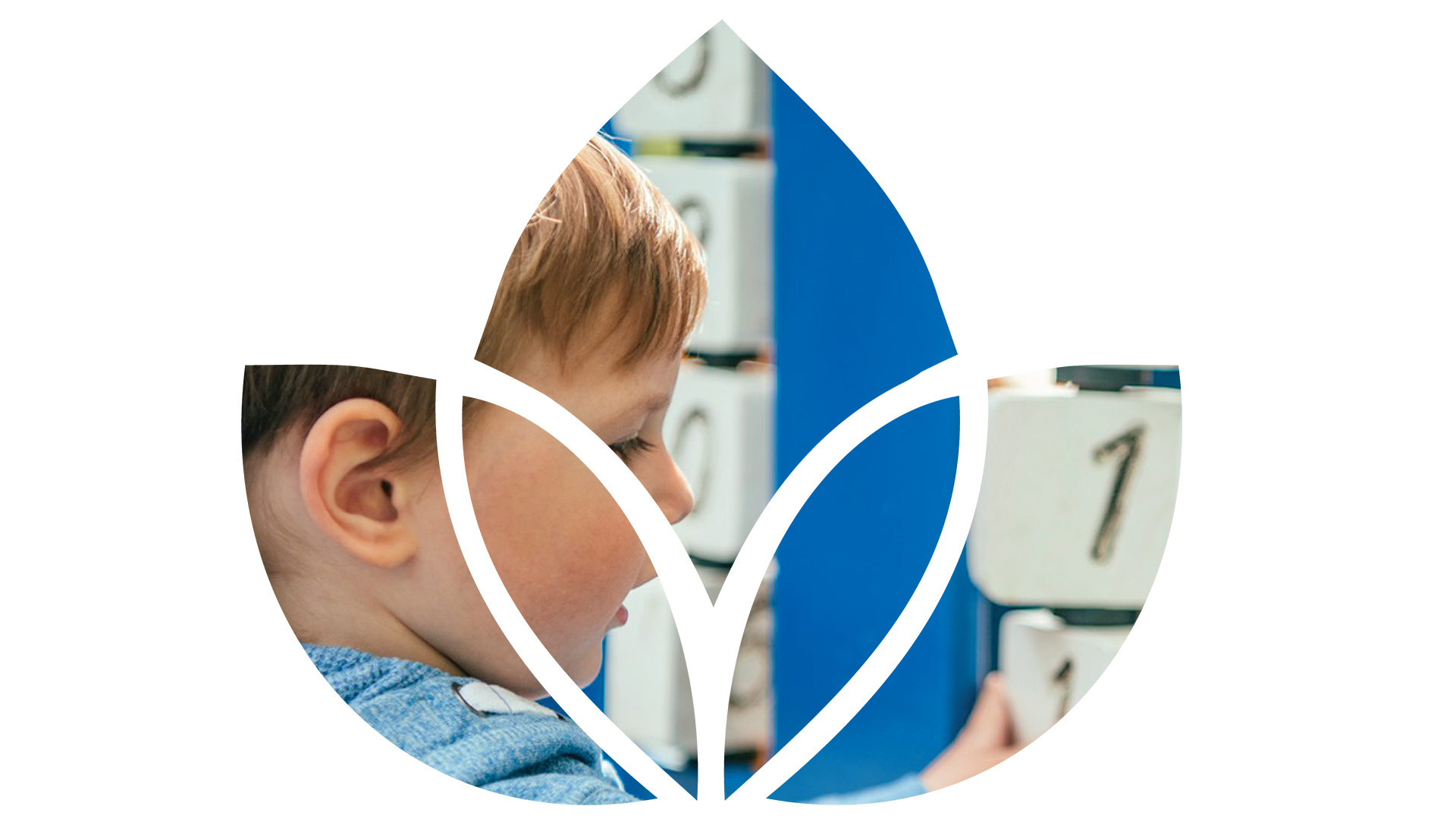
CULTURE
The Montessori classroom comprises a variety
of Cultural subjects that include: Geography, Science, Botany, Zoology, and Art & Music.
feeding their curiosity in exploring different worldly ideas.
understanding geography and ethnicity allows the children to understand the opportunity to
understand the planet and culture of their own and that of others and ultimately come to
appreciate differences between cultures and learn compassion for one another.
